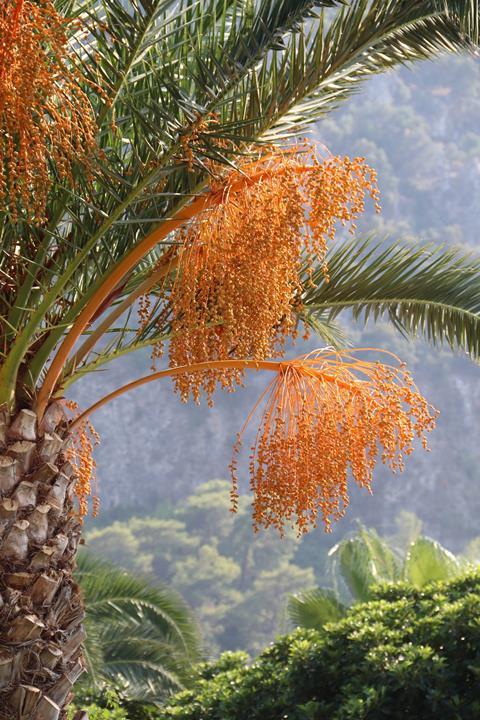A dinuclear cobalt complex is particularly effective against a fungus that attacks date palms. Similar complexes also work against bacteria, according to the European Journal of Inorganic Chemistry.
The fungus Fusarium oxysporum f.sp. albedinis (Foa) threatens date palms in North Africa by causing Bayoud disease, in which the leaves turn white and the palm eventually dies. As this is detrimental to the local economy and exports - combined with the risk of spreading to other continents - scientists are searching for compounds that can help the palm to defend itself. An international team, including researchers from Morocco, Leuven and Romania, has synthesised a dinuclear cobalt complex with tetrazoles and pyrazoles that effectively inhibits the fungus.
Tetrazoles and pyrazoles are used in a wide range of fields, from pharmaceuticals to catalysis, where they perform many different functions. They combined these structures with various transition metals to form complexes and investigated their antibacterial and antifungal activity. The synthesised tetrazole-bipyrazole complexes showed activity against both gram-negative and gram-positive bacteria, including Escherichia coli, Pseudomonas aeruginosa, Staphylococcus aureus and Listeria innocua. Several fungi also were affected, but the inhibition of the fungus Foa stood out.
With one of the complexes, [Co2(HL2)(L2)Cl3], the researchers achieved 97% Foa inhibition at a concentration of only 81.1 µmol/l. Complexes from previous work did not achieve more than 70% inhibition at concentrations of around 500 µmol/l. According to the researchers, this work motivates them to further explore this class of compounds.
Bahjou, Y. et al. (2023) EurJIC e202300634, DOI: 10.1002/ejic.202300634














Nog geen opmerkingen